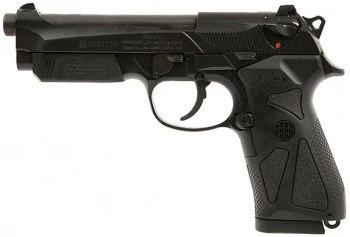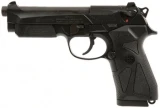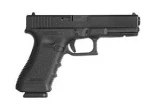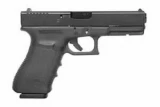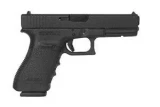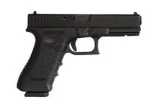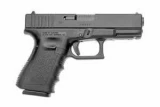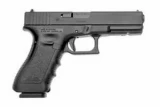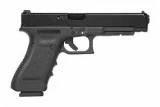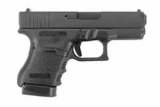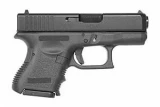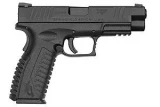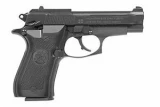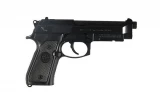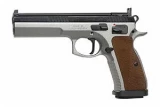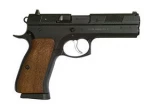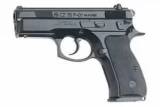Beretta 90-TWO vs Ed Brown Special Forces Gen III
Put handguns head to head to compare caliber and more.
|
$409.85
|
vs |
$2635.00
|
| Handguns | Beretta 90-TWO | Ed Brown Special Forces Gen III |
|---|---|---|
| Summary | ||
| Rating | ||
| Rank | ||
| Action | Double Action | |
| Caliber | 9x19mm Parabellum | |
| Capacity | 17+1 | 17+1 |
| Sights | Night Sights | |
| Barrel Length | 4.9" | 5.31" |
| Finish | Black | Stainless Steel |
| Gun Type | Pistol | Pistol |
| Weight | 38 oz | |
| Details | ||
| Brand | Beretta | Ed Brown |
| Reviews | See 20 Reviews | N/A |
| Prices | ||
| MSRP | $413.85 | $2,695.00 |
| Used Price | $289.70 | $1,886.50 |
| Sale Price | $372.47 | $2,425.50 |
Handguns Descriptions
Beretta 90-TWO
The newly designed frame of 90two pistol ensures trouble-free insertion and holster extraction, thanks to its rounded and truly snag-free surfaces. Inside the frame, near the disassembly lever, a metallic recoil buffer reduces the impact of the slide assembly against the frame during the shooting cycle. By redistributing the stresses, the recoil buffer increases the service life of the firearm. Trigger guard is also rounded to ensure, when firing with two hands, the correct positioning of the supporting hand.
Ed Brown Special Forces Gen III
The Special Forces features the following: 5" Government model slide, single stack government model frame. The John Browning traditional design for the ultimate in reliability and accuracy. Weight: approximately 38 ounces with an unloaded magazine inserted. Exclusive Chainlink III treatment on forestrap and mainspring housing for the ultimate in durability,secure grip,and extreme use. Optional Gen III coating for low glare, superior rust protection, and improved wear resistance. Traditional "square cut" serrations on rear of slide only. Fixed dovetail 3-dot night sights with high visibility white outlines. Recoil Spring: 16.5 lbs. Chainlink III treatment on frame and housing. Recoil spring guide & plug. Gen III is made up of a special formulation that offers the best wear resistance and corrosion protection known to date. Wear is significantly improved over traditional oxide bluing, and is even better than older chemistry polymers. Wear is still possible, and nothing will PREVENT wear, but you will find that wear will occur slower than bluing, and Gen III will outperform other polymers in a Taber abrasion test. Gen III has a 9H hardness test which is maximum for this scale.

